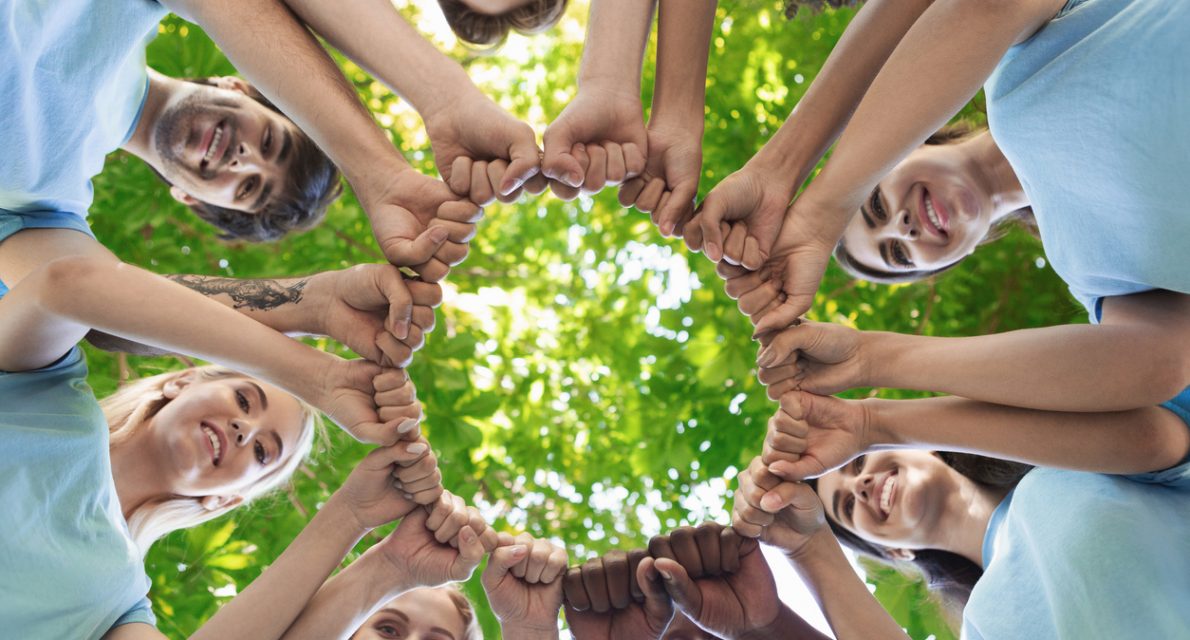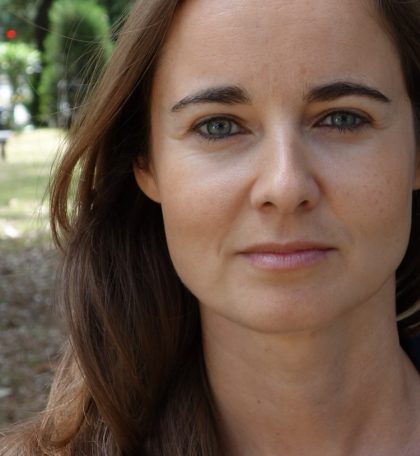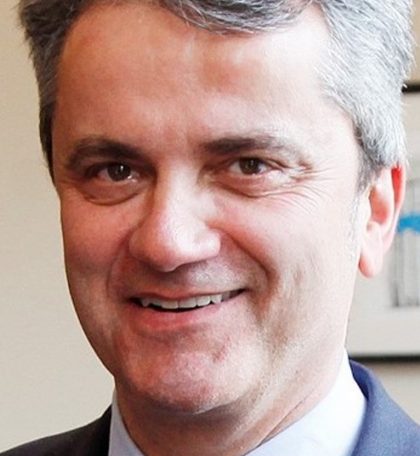Rebooting the economy – sustainability, growth, and climate action delivered by the bioeconomy

Contents
Output
Workshop Recording
Workshop Summary
Further output
Organizers
European Commission
Region Grand-Est, France
BIOVOICES
BIOEASTsUP
Power4Bio and BE-Rural
Submariner
Chairs

Anne Bogdanski

Moderator
Roman Brenne, EU Commission
Thematic focus
The current Covid-19 pandemic has led to severe economic impacts throughout the world. Governmental recovery plans are developed to overcome the recession and to revive the economy. Coming out of this crisis offers the opportunity to invest into a more sustainable future. Instead of rebuilding the “old” fossil-based economy, the Covid-19 recovery could pave the way for the transition towards a “green” economy.
Central for this transition will be ‘Green Deals’, deeply transformative policies, which are going beyond the current policy and investment concepts. The bioeconomy, as sector, which combines economic growth with enhanced environmental performance and regeneration, provides a framework and navigation guide for simultaneously addressing multiple policy goals, including ambitions relating to climate change, biodiversity, circular economy, industrial policy, resource use efficiency and pollution. The sustainable and circular bioeconomy, with its potential to connect and implement transformative policies holistically could therefore be a building bloc for any future ‘Green Deal’ initiative around the world.
The aim of the workshop is to showcase the opportunities the sustainable and circular bioeconomy can provide to make (local and national) economies more resilient and to stimulate growth for the Covid-19 recovery as well as for the green transition towards a carbon neutral future, through the collection of scalable and actionable bioeconomy solutions from different continents.
Expected Outcomes:
- Toolkits of assessed, scalable and actionable bioeconomy solutions that economic growth and regional development and could be implemented in the context of Covid-19 recovery plans at national and regional level.
- Recommendations for policy makers on the importance of the bioeconomy for the development of Green Deals and recovery plans.
- Exchange of good practices of practical bioeconomy solutions from different continents for the long-term goals of climate neutrality and economic prosperity.
Format
- High-level opening followed by welcome pitches of the four panellists
- Four breakout groups, covering the land-based bioeconomy, blue bioeconomy, the bioeconomy at the local level, and the role of the bioeconomy in developing countries .
- Feedback to the plenary from the breakout groups will be discussed amongst the panellists in the closing plenary. To this end, each of the panellists will attend one of the breakout groups.
- Interactive tools, such as Slido and Mentimeter, will be used to guarantee the participation of all participants.
Wrap-up and synthesis.
Agenda
All times refer to CET. Current time:
16:00 – 16:05: Welcome and scope of the workshop
Peter Wehrheim, EU Commission
16:05 – 16:10: Policy Message
16:10 – 16:15: The role of food systems in the bioeconomy: Welcome and presentation of the agenda
Anne Bogdanski, Food and Agriculture Organization of the United Nations
16:15 – 16:45: Welcome statements of the panellists
Jean Rottner, President of the Regional Council of the Grand Est Region
Godfrey Nzamujo, Director at the Songhaï Center in Benin
Blake Simmons, Division Director, Biological Systems & Engineering at the Berkeley Lab, Sinegugu Banda, EU All-Atlantic Youth Ambassado
16:45 – 17:50: Breakout groups
17:50 – 18:00: Coffee Break
Pitches of innovative bioeconomy solutions to be played for those who are interested
John Feltz, Cruz Foam
Daria Wohlt, Fraunhofer-Institut für Verfahrenstechnik und Verpackung IVV
18:00 – 19:55: Closing Plenary
- Presentation of the European Bioeconomy Monitoring System, Elisabetta Balzi, Joint Research Centre of the European Commission (10 minutes)
- Feedback from breakout groups (15 minutes)
- Discussion of the results amongst panellists (30 minutes)
18:55 – 19:00: Concluding Remarks
Wrap-up by both co-chairs
Parallel working groups
Each breakout group should cover the following questions/key concepts:
- What are best practices and examples for scalable and actionable bioeconomy solutions to make (local and national) economies more resilient and to stimulate growth for the Covid-19 recovery?
- How to effectively address conflicting sustainability objectives (environmental, social and economic trade-offs) in the development of a bioeconomy strategy?
- How can the bioeconomy contribute to deeply transformative climate action initiatives, such as the European Green Deal?
Facilitated by Grand Est and BIOVOICES
Facilitated by Submariner
Facilitated by Power4Bio/BE-Rural
Facilitated by BIOEASTsUP

